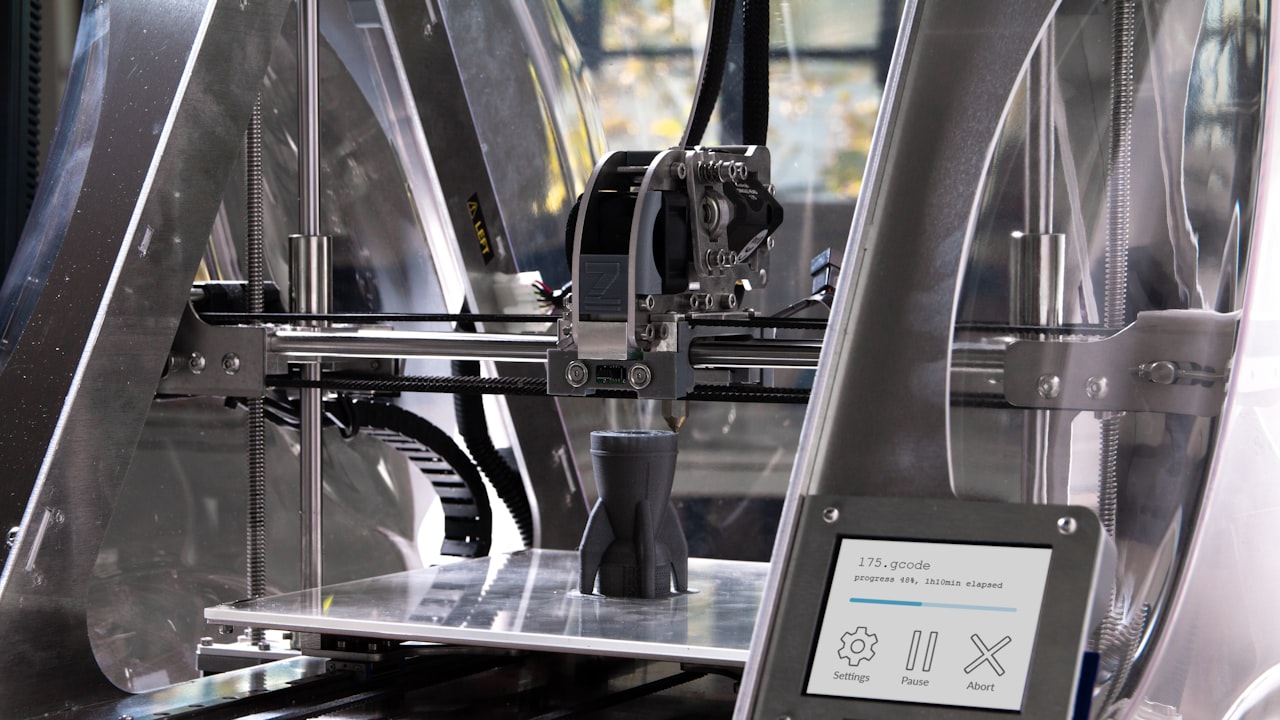Title: “Revolutionizing the Pharmaceutical Industry: The Role of Pharmaceutical Machinery”
Pharmaceutical machinery plays a crucial role in the manufacturing process of drugs and medications, revolutionizing the pharmaceutical industry. Among these essential machines, the table press machine and capsule filling machine are particularly vital in ensuring the efficient production of high-quality pharmaceutical products.
The table press machine, also known as a tablet press or pill press, is a device used to compress powders into tablets of uniform size and shape. It operates by exerting high pressure on the powder to form tablets, which are commonly used for oral administration. The table press machine comes in various models and configurations, such as the TDP (Tablet Press) and THDP (Tablet Press High-Speed Double Rotary), each designed to meet specific production needs.
The TDP series of table press machines are widely used in pharmaceutical manufacturing for small-scale production. These machines are compact, easy to operate, and suitable for producing a limited number of tablets per batch. On the other hand, the THDP models are designed for high-speed production, capable of producing a large volume of tablets in a shorter amount of time. This increased efficiency is essential for pharmaceutical companies looking to meet growing market demands.
In addition to the table press machine, the capsule filling machine is another indispensable piece of pharmaceutical machinery. Capsules are commonly used as a dosage form for medications, providing an alternative to tablets for administration. The capsule filling machine automates the process of filling empty capsule shells with powdered or liquid medication, ensuring accuracy and efficiency in the production process.
The advancements in pharmaceutical machinery, including the table press machine and capsule filling machine, have revolutionized the way medications are manufactured. These machines not only enhance production efficiency but also improve product quality and consistency. Pharmaceutical companies can now meet consumer demand for a wide range of medications while maintaining high standards of safety and efficacy.
In conclusion, pharmaceutical machinery, such as the table press machine and capsule filling machine, plays a vital role in revolutionizing the pharmaceutical industry. The use of advanced machines like the TDP and THDP models has significantly improved manufacturing processes, allowing pharmaceutical companies to produce high-quality medications efficiently. As technology continues to advance, pharmaceutical machinery will continue to drive innovation and growth in the industry.

 Title: Revolutionizing the Pharmaceutical Industry: The Impact of Advanced Pharmaceutical Machinery on Drug Production
Title: Revolutionizing the Pharmaceutical Industry: The Impact of Advanced Pharmaceutical Machinery on Drug Production Title: The Evolution of Pharmaceutical Machinery: Enhancing Drug Manufacturing Processes
Title: The Evolution of Pharmaceutical Machinery: Enhancing Drug Manufacturing Processes Title: Pharmaceutical Machinery: Revolutionizing Drug Manufacturing
Title: Pharmaceutical Machinery: Revolutionizing Drug Manufacturing Title: The Role of Pharmaceutical Machinery in Modern Medicine Manufacturing
Title: The Role of Pharmaceutical Machinery in Modern Medicine Manufacturing Title: The Importance of Pharmaceutical Machinery in Drug Manufacturing
Title: The Importance of Pharmaceutical Machinery in Drug Manufacturing



